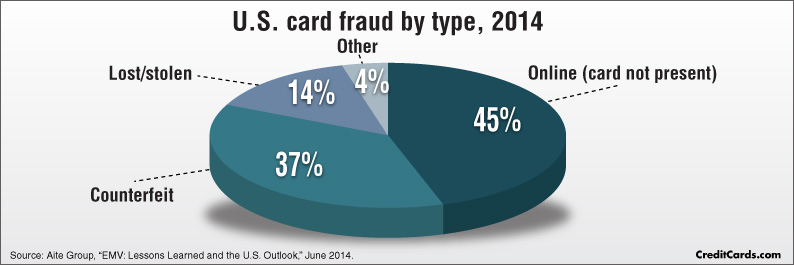Beware Amazon, and the rest of the monopoly holders of eCommerce, a revolution is brewing.
The winter of 2017 catapulted cryptocurrencies and their symbiotic relationships with blockchain into the public consciousness, and with it came a widespread realisation of the potential that both technologies could hold in the future of online transactions.
On December 17th 2017, Bitcoin reached a peak value of $19,783.06, successfully dumbfounding its critics in the financial sector and making sure that the crypto-market could no longer be ignored.

Image Source: Coindesk
While the now world famous cryptocurrency has since dropped in value, new technology is being rapidly developed to facilitate digital payments both online and offline, threatening to puncture the hegemony of big eCommerce outlets around the world through offering better protection for customers and faster, decentralised payments. Today, blockchain is readying itself to change the way we perform transactions, with both traditional payment methods and through cryptocurrencies, forever.
Here, we have decided to take a look at how the blockchain revolution is already starting to change eCommerce as we know it.
Rapid transactions
The future for blockchain in eCommerce is a bright one, after all, blockchains are designed for storing transactional data securely. This storage can go way beyond financial information and can pertain to any action that requires an immutable record.
One of the biggest perks for blockchain within eCommerce is the efficiency of its rapid transactions. Ethereum-based payment processing company Monetha has claimed that while traditional payment processing systems may contain up to 16 different steps that bring fees ranging from two to six percent, blockchain transactions are completed on a single network.
Because of the single network, blockchain transactions greatly reduce the need, if there’s any at all, for intermediaries while processing payments. This means that the pace of transactions within eCommerce will be limited only by the speed of the network and that by which new blocks can be created.
Blockchain is still a developing technology, and while Bitcoin was initially capable of processing up to seven transactions per second, the true power behind the cryptocurrency revolution can be seen in the Lightning Network – which is a payment system that’s so powerful it promises to be capable of processing millions of transactions each second.
Watertight security
A recurring problem in eCommerce is a lack of security. As technology develops, so too does the tools at a hacker’s disposal to access shoppers’ credit and debit card information.
Recommended for You
Webcast, October 17th: How to Solve Your Marketing Data Nightmare
While eCommerce is responsible for billions of transactions each year, there are scores of customers who experience credit card fraud. In 2014 alone, 31.8 million US consumers were victims of credit card fraud.

Image Source: Nasdaq
Blockchain helps to counter this with far greater security. While the nodes within blockchains are created automatically, are impenetrable and untamperable, the cryptocurrencies that they support behave more like cash than cards.
Currencies such as Bitcoin don’t require customers to share their sensitive data when making a purchase. Rather, customers authorise a purchase from a personal digital wallet to that of a recipient – meaning the only relevant piece of data that are generated over the course of a transaction is a randomly generated purchase identifier code.
This represents a significant development in the world of eCommerce, where security breaches are becoming more commonplace, and blockchain-based organisations like GoByte can be seen to prioritise the safety of shopping portals within their technology.
Speaking to Medium, Brad Nickel of GoByte Pay explains “2018 has been a year filled with security breaches and for this reason, security is an area upon which GoByte refuses to cut corners. We utilize 2 Factor Authentication to ensure your data and funds are secure.
Our system successfully underwent extensive 3rd party testing, including External Security Assessments, a full code audit and vulnerability tests for their infrastructure, the application and security code. Our infrastructure is hosted across multiple geographic locations, in a state of the art data centre monitored 24/7 by our own security team and that of our data centre partners.”
Supply chain management
The superior management of supply chains that blockchain can bring to eCommerce is another revolutionary process that help to save the market from its current flaws.
Blockchain projects like VeChain are already aiming to deliver incorruptible visualizations of the supply chain process in realms like eCommerce, and since data validated on a blockchain can’t be tampered with, a supply chain focused blockchain network can make for an ideal solution for infallible management.
A clearly laid out blockchain network that can’t be tampered with or edited is the key to supporting a fully transparent supply chain where customers can see the order flow of the items they purchase – which makes for a strong foundation in rebuilding consumer confidence.